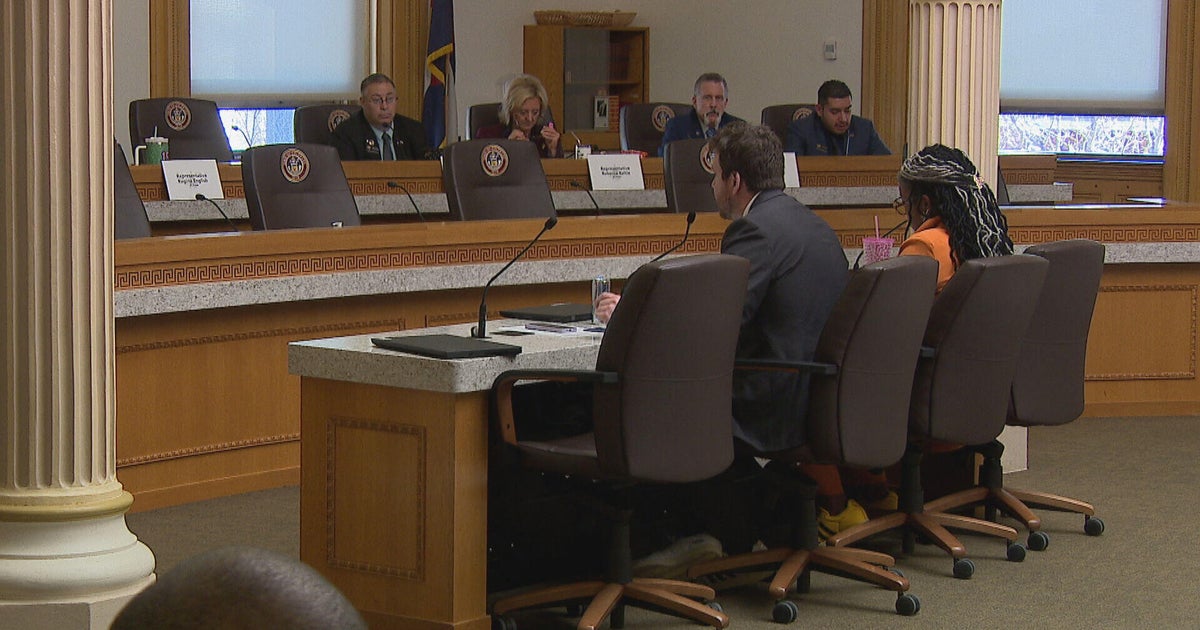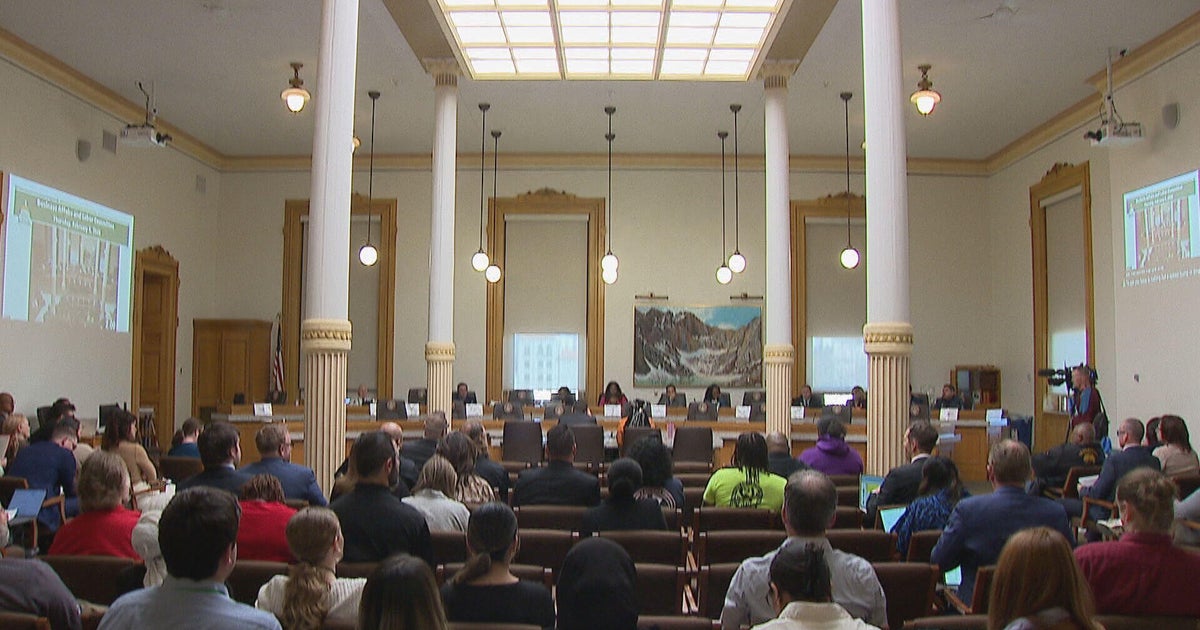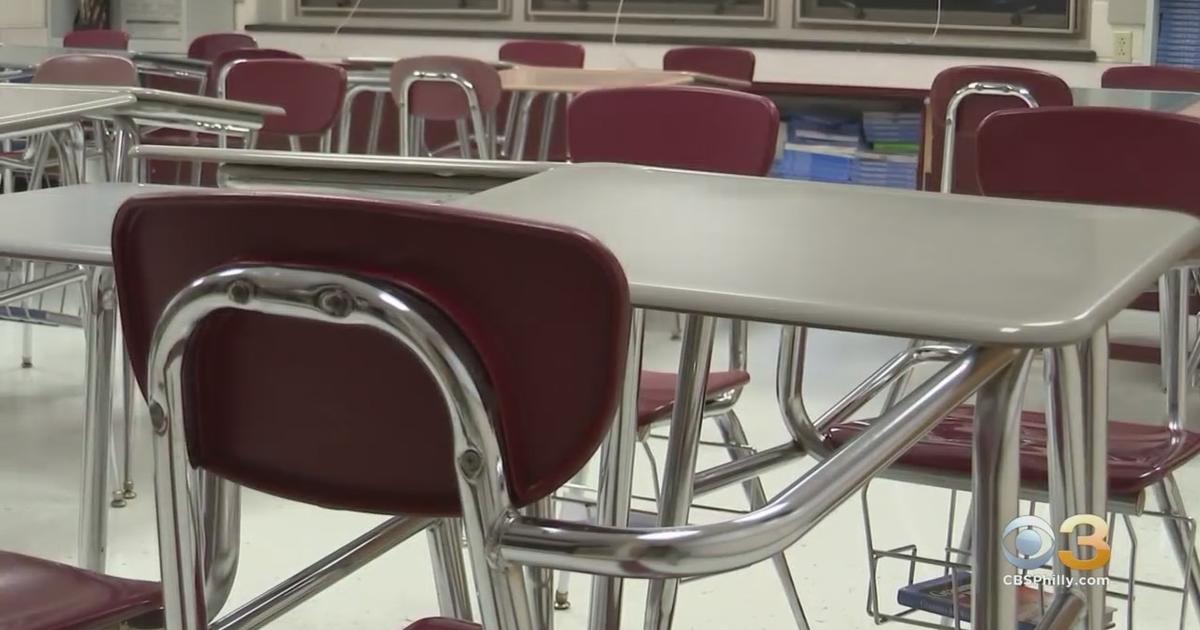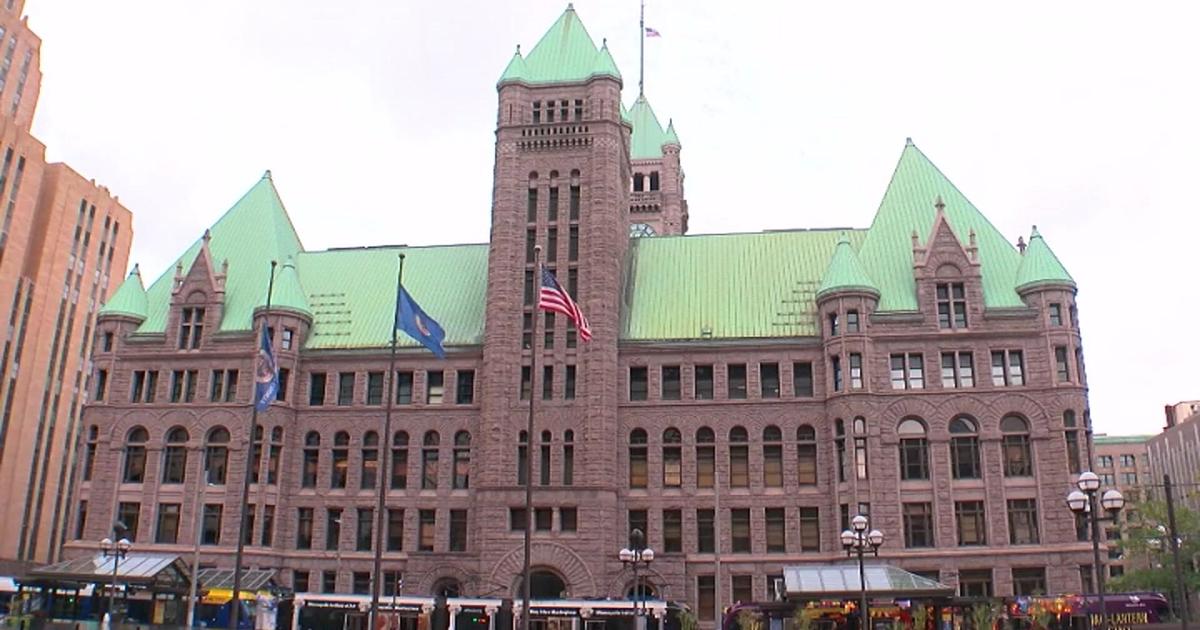Education Changes Approved By House
Follow CBSMIAMI.COM: Facebook | Twitter
TALLAHASSEE (CBSMiami/NSF) - Charter schools would get more construction funding, class-size penalties would be relaxed and school districts would be encouraged to enact dress codes under a series of education bills approved Friday by the Florida House.
Most of the school-related bills were passed in lopsided votes, though Democrats united to oppose a measure that could funnel local tax dollars to charter-school construction (HB 7037).
While the construction bill would change the standards needed to qualify for the facilities funding and make it easier for some charters to expand, the most controversial provision would allow charter schools to tap into local property taxes used to pay for capital projects at traditional public schools. If the Legislature failed to fully fund charter-school construction under a state formula, local districts would be required to use a portion of a 1.5-mill property tax to make up the difference.
That would amount to about $34 million in the budget year that begins July 1, even if lawmakers follow through on a House plan to spend $100 million on charter-school capital projects, according to one estimate.
Supporters of the change, which passed in a 75-35 vote, say charters receive less funding per pupil for construction costs than other public schools and that the new law would help ensure that their funding more closely tracks the number of students.
"That 1.5 mill puts the public charter-school student and the district school student on somewhat equal footing," said Chris Moya, a lobbyist for Charter Schools USA, a management company.
But in a statement issued after the vote, House Minority Leader Mark Pafford blasted the change.
"The Legislature shouldn't starve public schools while shoveling resources to special interests," said Pafford, D-West Palm Beach.
A bill (HB 665) relaxing penalties for school districts that don't comply with the state's class-size limits was approved on a 107-3 vote. Voters added the class-size limit to the Florida Constitution in 2002, but some lawmakers complain that the funds could be better spent elsewhere.
The penalties are not established in the constitutional amendment, leaving lawmakers with the ability to ease them.
"What we're trying to do now is make sure that those dollars go back into the classroom," said Rep. Shevrin Jones, D-West Park.
But Pafford said the move was part of longstanding legislative efforts to undermine the class-size amendment.
"This is basically death by a thousand cuts in terms of class size," he said.
The House also passed, by a 102-8 margin, a bill (HB 7043) that would make it easier for school districts to approve student dress codes and establish financial bonuses for districts that do so.
"The News Service of Florida's Brandon Larrabee contributed to this report."







